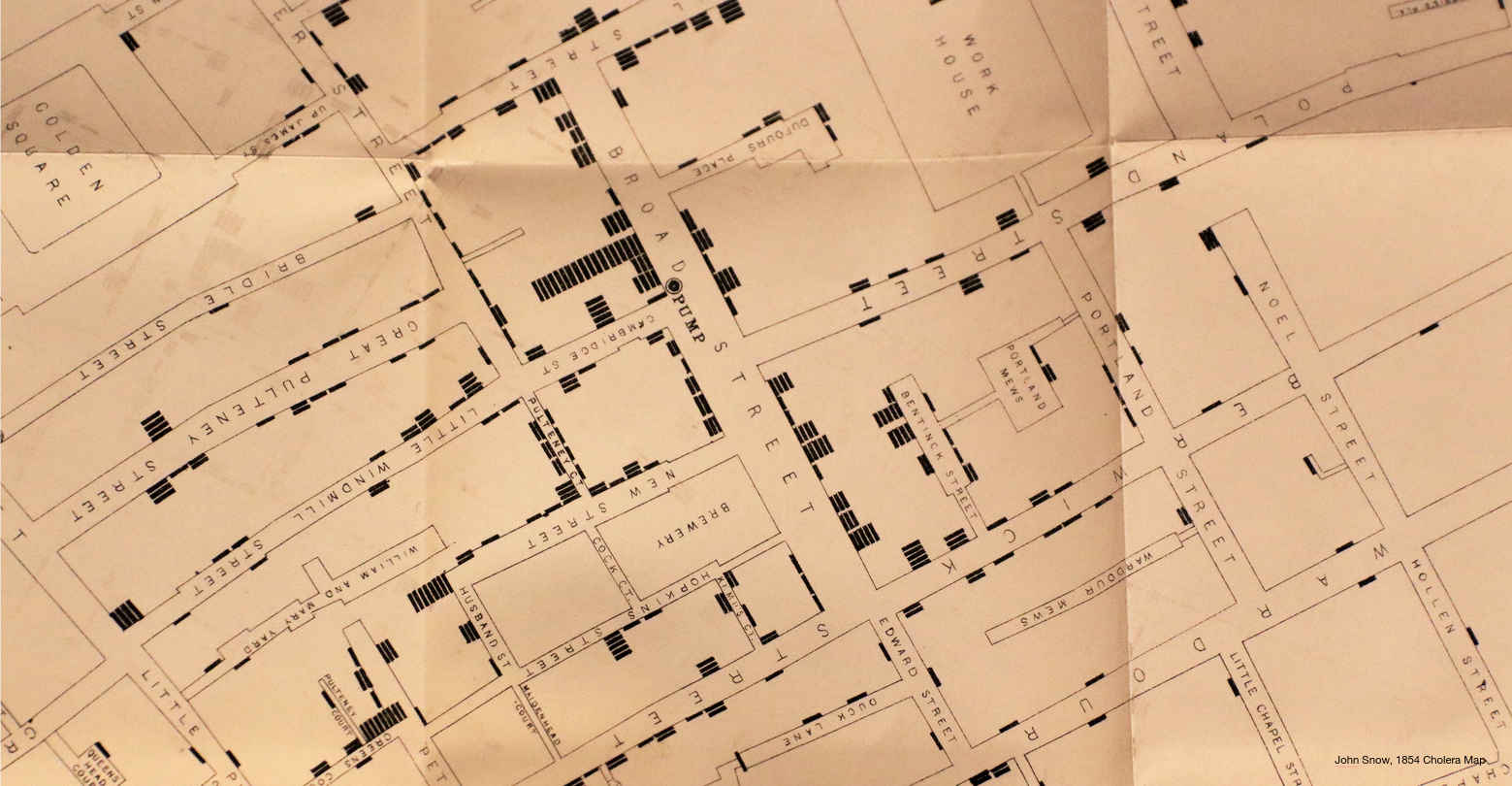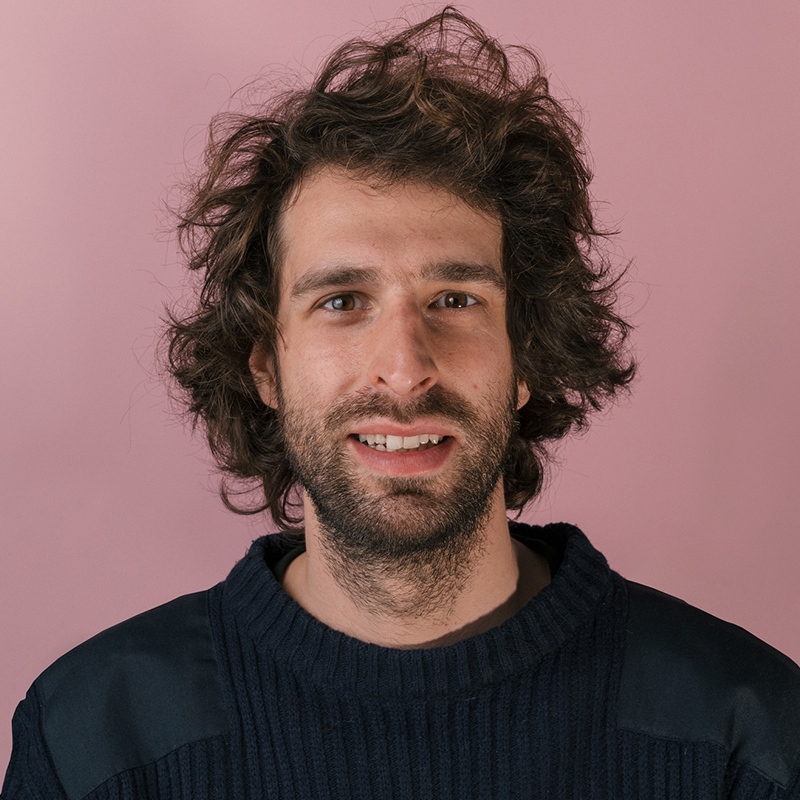Syllabus⇝
This course will introduce students to the concept of a world in data by designing artifacts to measure their daily analogue and digital activity. The fundamental aspect is to understand nowadays data-driven world from the sourcing, that could range from a temperature sensor to an Instagram like, processing, storage and consumption. It aims to work both as an introduction to some key concepts behind physical computing as well as an introduction to the idea of information and how it's created, modified and consumed.
Keywords: data, platforms, measurement, data-awareness
Learning Objectives⇝
This course aims to introduce briefly students to data concepts a
- Data vs. information concepts
- Basic hypothesis formulation and research questions
- Data awareness, criticism
Methodological Strategies⇝
- Lectures
- Group discussions
- Practical work
Schedule⇝
The course will take place during 2.5 days, in-person format, divided in 4 sessions. Students will organize as one collective around a creative challenge and organize in interdependent smaller teams.
Morning: Theory Session I: Learning to ask. Introduction to the Data and information.
Afternoon: Practical Tools I: Collecting our own data.
Morning: Theory Session II: Demons of data. Data-awareness raising and discussion.
Afternoon: Practical Tools II: Collecting data from others.
Morning: Presentation
Deliverables⇝
- Sense-Making Journal + Presentation
- Free data-demonisation reflection essay
Grading Method⇝
| Percentage | Description |
|---|---|
| 30% | Participation |
| 20% | Practical work quality |
| 25% | Presentation |
| 25% | Reflection essay |
European Credit Transfer and Accumulation System (ECTS)
1 ECTS
Additional Resources⇝
Privacy
- Book - The Filter Bubble: What the Internet is Hiding From You, Eli Pariser.
- Book - Infocracy: Digitization and the Crisis of Democracy, Byung-Chul Han.
- Book - The Age of Surveillance Capitalism: The Fight for a Human Future at the New Frontier of Power, Shoshana Zuboff.
- Data brokers netflow
- Private intelligence location
- Strava military case and consequences
Science and questioning
Tools and use cases
- air/aria/aire - Evidència Cartogràfica
- Smart Citizen Kit and Station: An open environmental monitoring system for citizen participation and scientific experimentation
Capitalism and data exploitation
- Amazon Mechanical Turk
- Book - Weapons of Math Destruction: How Big Data Increases Inequality and Threatens Democracy, Cathy O'Neil.
Courses
To install
- Arduino IDE
- Orange Data Mining
- Python 3 Installed and under control (know how to run a predefined script and to install packages)
- Some short of spreadsheet app
Faculty⇝

Oscar Gonzalez
Sense Making Expert
Óscar González is an Industrial Engineer based in Barcelona with expertise in data analysis, testing and calibration through his experience in automotive and sensor development. Óscar is the Sense Making lead at Fab Lab Barcelona team doing research and development within the Smart Citizen project and is an instructor at the Fabacademy program.
Guillem Camprodon is a designer and technologist working in the intersection between emergent technologies and grassroots communities. He is the executive director of Fab Lab Barcelona at the Institute for Advanced Architecture of Catalonia (IAAC), a benchmark in the network of over 2000 Fab Labs and home of the Distributed Design Platform. He has a passion for teaching and is the co-director of the Master on Design For Emergent Futures (MDEF), a collaboration between IAAC and ELISAVA. Previously, he led Smart Citizen, a platform that opposes the traditional top-down Smart City model, empowering communities with tools to understand their environment. As a former research lead, he participated in many European-funded research and innovation projects, such as Making Sense, iSCAPE, GROW Observatory, Organicity, DECODE, ROMI and Reflow.

